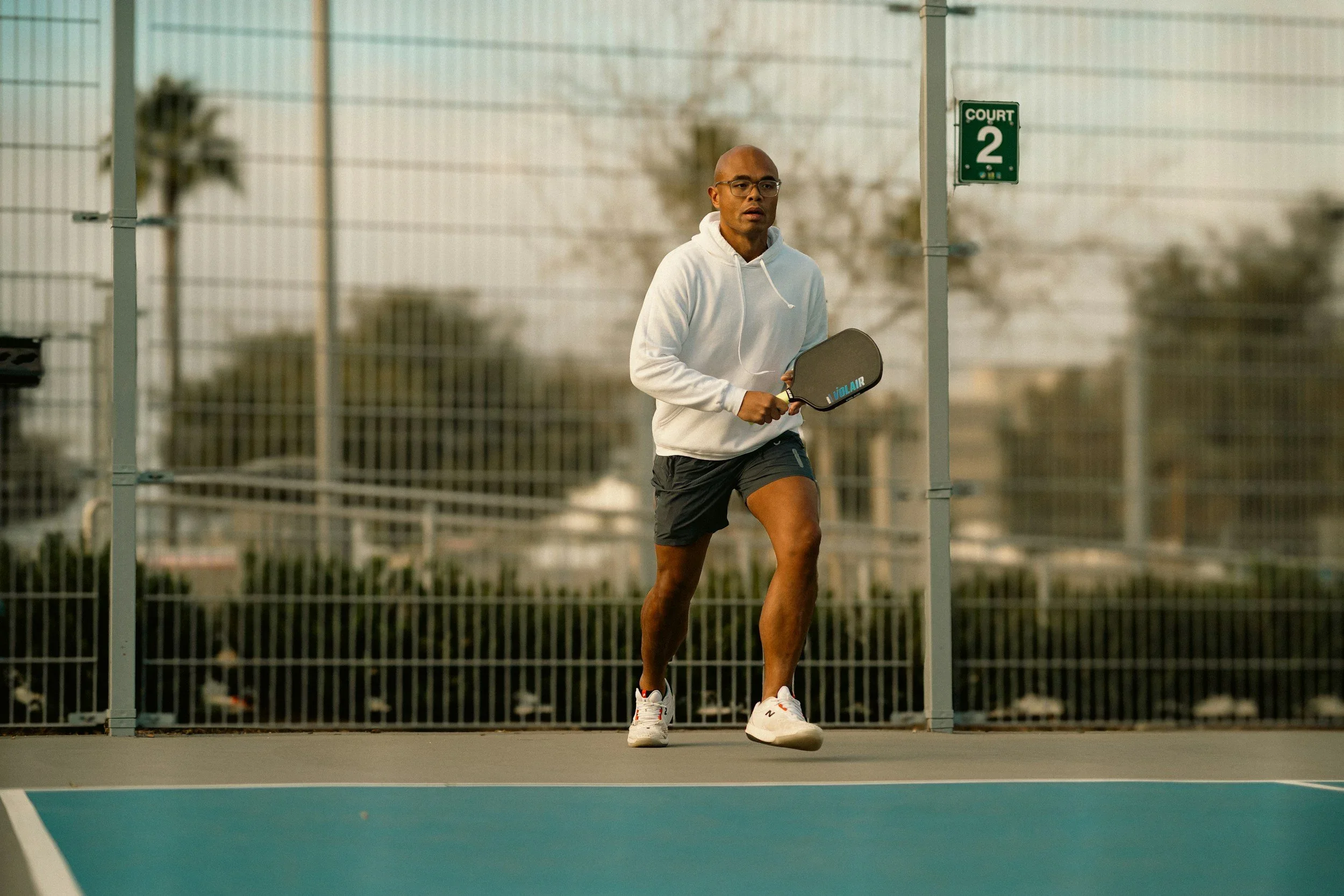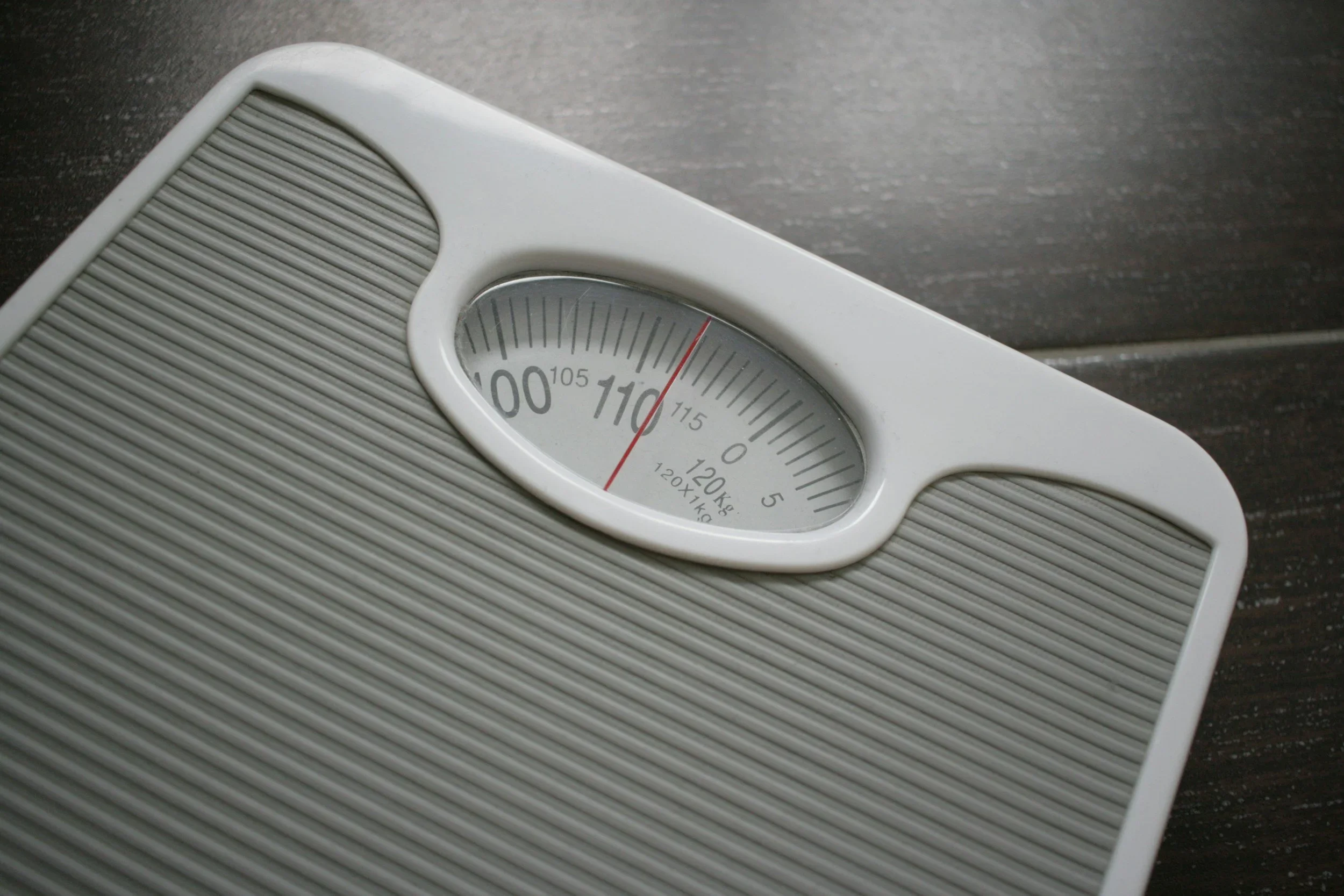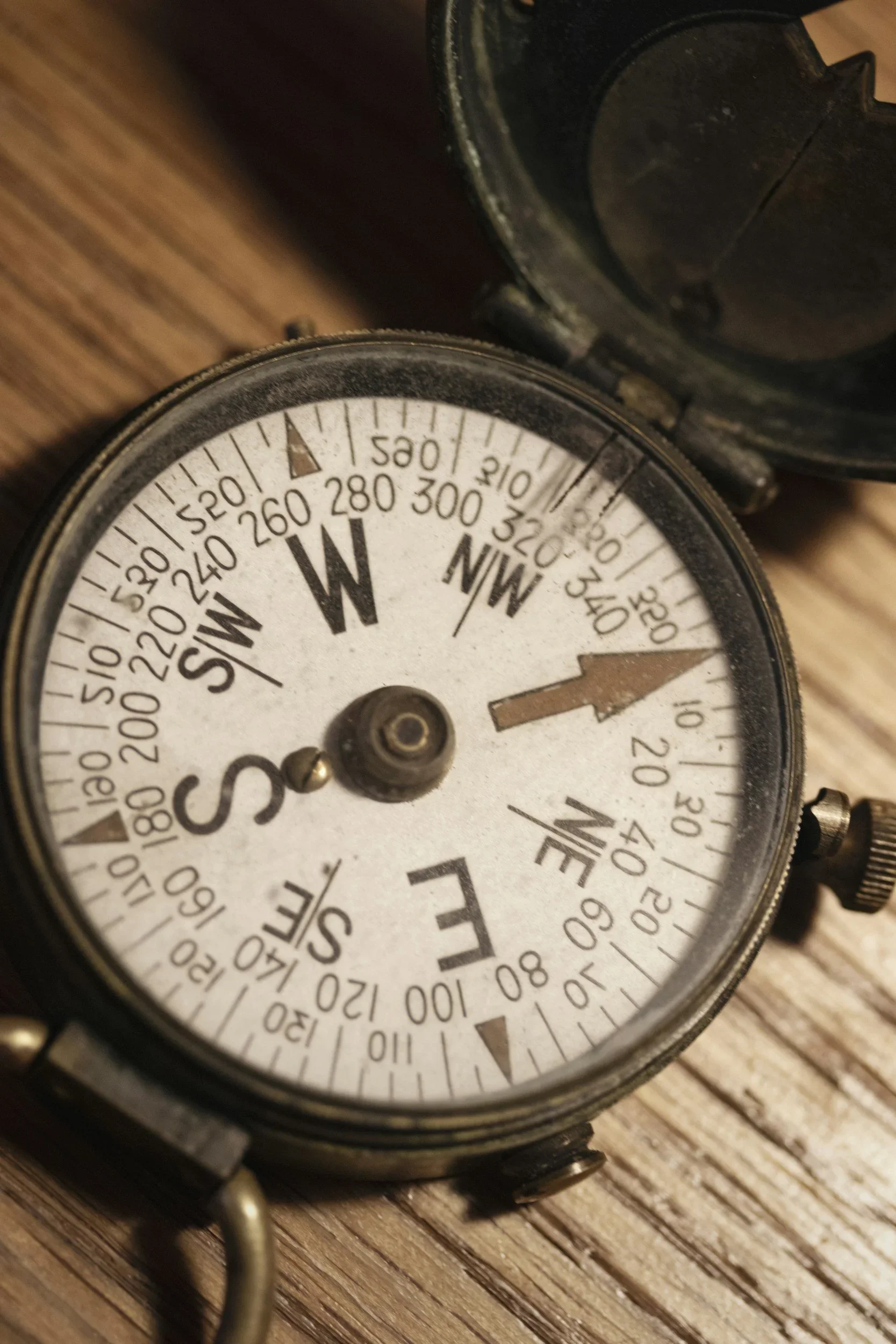The Art of Aging Well
5-Minute Reads to Enhance Your Health
What Erectile Dysfunction Says About Your Heart: The Warning Sign Most Men Miss
Most guys think erectile dysfunction (ED) is just about testosterone or stress.
But here’s the truth that doesn’t get talked about enough:
ED is often the first warning sign of cardiovascular disease.
Let that sink in.
What happens down there could be your body’s early signal that your arteries are in trouble—and your heart might be next.
Let’s break down the connection between blood flow, sexual function, and cardiovascular risk—and why ED isn’t just a bedroom problem. It’s a circulatory red flag.
Vitamin D3 and Sexual Health: How the Sunshine Vitamin May Boost Your Libido
Most guys know Vitamin D is important.
Bones, immunity, energy—you’ve heard it all before.
But here’s something your doctor probably didn’t mention:
Vitamin D3 might also boost your sex drive.
That’s right. This unassuming “sunshine vitamin” plays a critical role in male sexual health, hormone balance, and overall vitality.
Let’s unpack how D3 impacts libido, testosterone, and performance—and what to do if your levels are tanked.
Top Natural Supplements and Foods to Boost Libido
Let’s be honest.
If your libido has taken a hit, it’s not “just aging.”
And it’s not all in your head.
Sex drive is driven by hormones, blood flow, neurotransmitters, and stress regulation—and they’re all connected.
The good news?
You don’t have to jump straight to pharmaceuticals. There are several natural compounds and foods with clinical evidence behind them.
Here’s what actually works—and why.
Natural Testosterone Boosters: What Actually Works vs. What’s Just Hype
You’ve probably seen the ads.
“Boost your testosterone naturally!”
“Get shredded with this one secret food!”
“Clinically proven supplement increases T by 400%!”
Sounds great—until you dig into the science.
Here’s the truth:
Some natural compounds can support testosterone.
But most of what’s marketed online is either overstated or flat-out useless.
Let’s break down what actually works… and what’s just marketing.
Muscle After 40: Why You’re Losing It and How to Get It Back
Let’s get something straight.
If you're over 40 and struggling to keep your muscle, it's not because you're lazy—or "just getting older." It's because biology is working against you. The process even has a name: sarcopenia.
But here's the good news: you can reverse it. You just have to stop following outdated fitness advice and start training—and fueling—your body based on what the science says about aging, hormones, and muscle physiology.
Let’s break it down.
Gut Check: How Your Microbiome Could Be Sabotaging Your Results
You’re working out. Eating clean. Watching macros.
And yet… you still feel off.
Maybe your energy crashes by mid-afternoon.
Maybe the scale isn’t moving.
Maybe your libido’s tanked—and your focus isn’t far behind.
Here’s what most men (and even many doctors) overlook:
It might not be your hormones—or your workouts.
It might be your gut.
Let’s talk about the invisible system that’s running the show: your microbiome.
Does Testosterone Make You Gain Weight?
Testosterone doesn’t cause weight gain.
But the wrong levels—too low or too high—can throw your entire system out of balance.
Let’s break down how testosterone and body weight actually work together—and why most men are looking at it backward.
Erectile Dysfunction After 40? It’s Not Just “Getting Older”
Let’s talk about something most men won’t.
Erectile dysfunction.
It’s more common than you think—and it’s not just about performance. It’s a warning sign. A signal that something deeper might be off.
If you’ve noticed your erections aren’t as firm, frequent, or dependable as they used to be… it’s not “just aging.” And it’s not just about blood flow.
In many cases, hormones are the missing piece.
Testosterone Isn’t Just for the Gym. It’s Fuel for Your Brain.
If you’ve been feeling foggy, flat, or frustrated—and you're over 40—it might not be burnout.
It might be your testosterone.
Most people think testosterone is only about sex drive and muscle mass. But here’s what they miss:
Testosterone is critical for how your brain works.
How you focus. How you remember. How you feel day to day.
So if you’ve been snapping at your kids, struggling to finish a thought, or just feeling “off,” this isn’t in your head. It’s in your hormones.
Let’s break down exactly how testosterone impacts your brain—and what happens when it starts to slip.
Testosterone and Your Metabolism: What Most Men Don’t Know
Let’s start with the obvious: if you’re gaining fat, losing muscle, and dragging through the day—despite “doing everything right”—your metabolism is likely slowing down.
But here’s what most doctors miss:
Testosterone runs your metabolic engine.
It’s not just about libido or muscle mass. Testosterone plays a central role in how your body uses energy, burns fat, and builds lean tissue.
So if your levels are low?
It’s like trying to drive with the parking brake on. You’re stuck—and burning out fast.
Let’s break this down.
Low Sex Drive Isn’t “Just Aging.” It’s a Hormone Problem—And You Can Fix It
Let’s get one thing straight—losing interest in sex isn’t just part of “getting older.”
If you’re in your 40s, 50s, or 60s and you’ve noticed a drop in libido, weaker erections, or just a general sense that your drive isn’t what it used to be... it’s not all in your head. And it’s not about willpower.
There’s a science to what’s happening. And the good news? You’re not stuck this way.
Testosterone Therapy: Who Actually Needs It (And Who Doesn’t)
You’re tired. You’re gaining weight. Your workouts don’t work like they used to.
And let’s not even talk about the drop in sex drive.
You’ve probably heard testosterone therapy can fix all of that. But is it right for you?
Let’s break it down—no fluff, no gimmicks, just real answers.
Testosterone Affects More Than You Think: 8 Body Systems It Powers
Most people think testosterone is just about sex drive and muscle mass.
They’re wrong.
Testosterone is one of the most important hormones in your body.
It’s not just about libido—it’s about energy, focus, metabolism, sleep, and longevity. When levels dip (as they often do after 40), it doesn’t just hit your performance in the bedroom. It hits everything.
Let’s walk through the 8 body systems testosterone directly impacts—and what can happen when it’s running low.
Erectile Dysfunction: You’re Not Alone—And You’re Not Broken
Let’s take the stigma out of this.
Erectile dysfunction is common. Really common. In fact, by age 40, about 40% of men are already experiencing it. By 70, that number climbs to 70%.
So if your erections aren’t as firm, consistent, or responsive as they used to be—you’re not the exception. You’re part of the majority.
And more importantly?
It doesn’t mean you’ve failed. It means something in your system needs attention.
You’re Eating Clean—So Why Are You Still Tired?
You’re following the rules. You’ve cut out junk food. You’re eating lean protein, vegetables, complex carbs. Maybe you even track your macros or time your meals. But despite all that effort, you’re still dragging.
Mid-afternoon hits like a brick wall.
Your workouts feel harder than they should.
You wake up feeling like you barely slept.
And the question comes up:
“What am I doing wrong?”
The answer might surprise you—because it’s not about how clean you’re eating. It’s about what your body can actually do with that food.
Why Fit Men Still Feel Terrible: The Lab Results Gym Trainers Can’t See
You’re doing everything right—at least on paper.
You lift. You eat clean. You hit your macros. You track your sleep. Maybe you even get compliments on how “dialed in” you look.
But under the surface? You’re exhausted.
Your focus is foggy.
Your libido’s tanked.
And your recovery? Slower than it used to be.
Here’s the part no one tells you: you can look fit—and still feel terrible.
Because real health isn’t just about what happens in the gym.
It’s about what’s happening inside your blood, your hormones, your metabolism.
And most gym trainers, for all their knowledge, simply can’t see the deeper data that explains how your body’s actually functioning.
What Is Andropause? The Male Hormonal Shift No One Talks About
You’ve probably heard of menopause. But what about andropause?
If you’re a man in your 40s, 50s, or beyond—and you’ve noticed your energy fading, your strength dipping, or your drive declining—it’s not just “aging.” And it’s not in your head.
It could be andropause.
And chances are, no one’s ever explained it to you clearly.
Let’s fix that.
The Testosterone-Destroying Foods Hiding in Your Pantry
You’re lifting weights. You’re eating “clean.” Maybe you’ve even gotten your testosterone tested. But something’s still off.
Your drive? Dipping.
Your strength? Not what it used to be.
Your recovery? Slower than expected.
And here's the kicker: some of the foods quietly sitting in your kitchen could be working against you—suppressing your hormones and keeping you stuck in low gear.
The 5 Lab Markers Every Man Over 40 Should Track
Let me guess—you’ve been to your doctor. You got the standard labs. They told you everything “looks fine.” Maybe they even said you’re just getting older.
But you don’t feel fine.
Your energy is crashing. Your strength’s dipping. You’re not as sharp, your gut’s off, and let’s not even talk about what’s going on in the bedroom.
Here’s the truth: most doctors don’t look deep enough. They run surface-level tests—basic panels that miss what’s really driving your symptoms. If you’re a man over 40, your health story needs more than a glance at cholesterol and glucose.
These are the 5 lab markers I check with every client—and they almost always reveal what’s really going on.
When Do Men’s Hormones Start to Change? (And Why It Matters)
Most men know about “low testosterone”—but few know when it starts or what triggers it. It doesn’t happen all at once. You don’t wake up one day with tanked hormones. It’s a gradual shift that begins earlier than most guys expect.
So let’s break it down. When do men’s hormones start to change? Why does it happen? And how does it affect your body—physically, mentally, and emotionally?




















